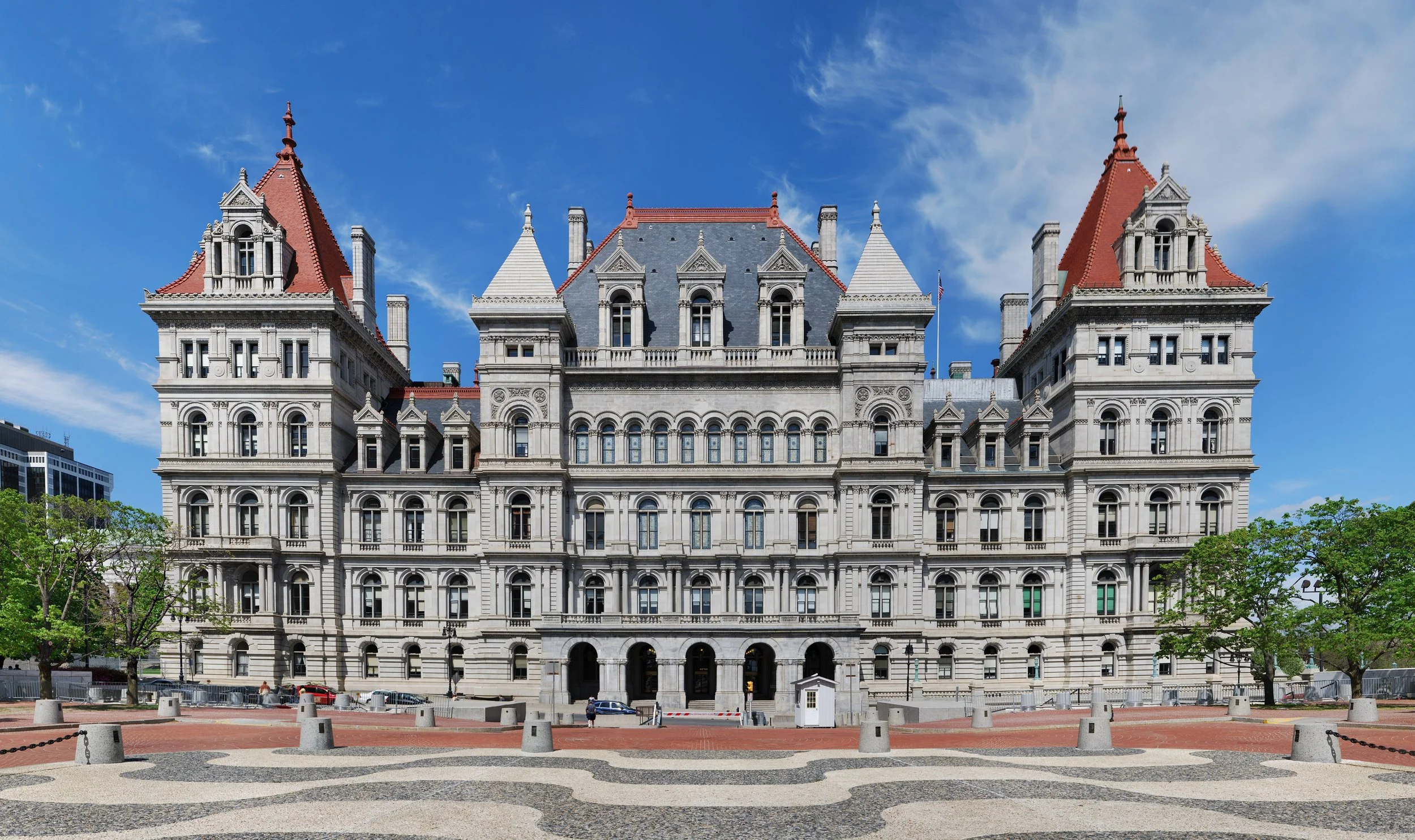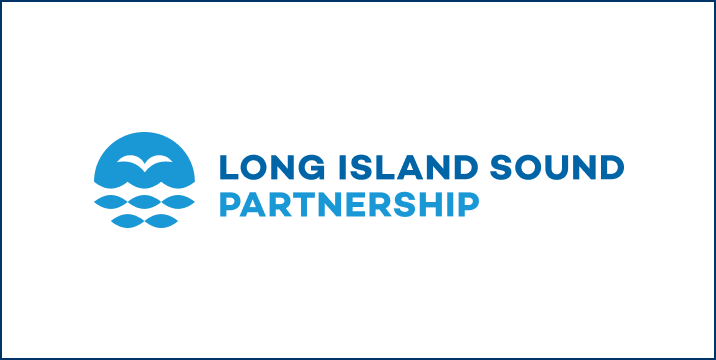2019 proved to be another rollercoaster ride for Connecticut’s Environment. We achieved some major victories, finished work on several multi-year campaigns, and also watched the CGA come up short on some key bills—and we did it all together! Now that the dust has settled, we look back on the highlights and missed opportunities (until next session!) of the 2019 Connecticut regular legislative session. But first, let’s cover the good news:
VICTORY: CT State Water Plan is approved!
After five years of hard work, public education and advocacy, the State Water Plan has been approved by the General Assembly! With unanimous passage of House Resolution 171, Connecticut has a comprehensive water management plan, which will help ensure our State’s current and future water supply needs are met equitably and effectively for years to come.
The final plan was approved unchanged, with language recognizing water as a public trust resource intact! Thanks to the CT Water Planning Council and the Office of Governor Ned Lamont for helping to get this plan across the finish line! #WaterisaPublicTrust
VICTORY: Connecticut passes 10 cent bag charge/2 year phaseout on plastic checkout bags!
WE DID IT!! Thanks to all your calls and emails, Connecticut will completely eliminate pollution from single-use plastic bags by 2021! The General Assembly passed a 10 cent fee on single-use plastic checkout bags as part of their biennium budget, which goes into effect in July of 2019. After August 1, 2021 no retail or grocery store in the state will be permitted to distribute plastic bags at the checkout counter.
The bill also allows municipalities with existing bag ordinances to keep their bans in place, while enabling towns to establish their own fees on paper checkout bags. This makes Connecticut the third state in the nation to take action by banning or phasing-out plastic checkout bags, after California and New York (Hawaii has a de facto ban, as all 5 counties have banned plastic bags independently).
Thanks to the Environment Committee leadership, especially Sen. Christine Cohen and Rep. Mike Demicco for getting this done! Special shoutouts to Senators William Haskell, Alex Bergstein and Matthew Lesser, as well as Reps Jonathan Steinberg, David Michel, and Josh Elliott for championing this important policy!
VICTORY: Connecticut passes PERMANENT ban on hazardous fracking waste!
The CGA passed SB 753 with overwhelming bi-partisan support, which permanently prohibits the storage, treatment and disposal of hazardous fracking waste and frack-waste byproducts in Connecticut! CCE began fighting to ban fracking waste in Connecticut in 2012 and was instrumental in passage of a statewide moratorium on fracking waste in 2014. Since then, more than 55 CT municipalities have passed their own local bans on fracking waste, helping to put pressure on Hartford lawmakers to close our doors to hazardous, potentially radioactive fracking waste for good!
VICTORY: Connecticut expands clean energy programs, including offshore wind and solar!
The general assembly passed two important clean energy bills this year including HB 7156- an act mandating 2,000 MW of offshore wind procurement by 2030, and HB 5002 (aka the “New Green Economy” package), which extends existing renewable energy programs (including traditional net metering, LREC/ZRECs, and the Green Bank’s Residential Solar Investment Program). The bill also increases the amount of credits authorized under the state’s virtual net metering program from $10 million to $20 million for the biennium.
Missed Opportunities in 2019:
HB 7294: Modernizing Connecticut’s Bottle Bill- This legislation would have expanded the state’s container deposit law to include juices, teas, sports drinks and other non-carbonated beverages, in addition to raising the deposit value on covered containers from 5 to 10 cents. The bill received favorable reports from the Environment and Finance, Revenue & Bonding Committees, but was held up by House leadership due to aggressive lobbying from the beverage industry.
HB 7346: An Act Prohibiting Chlorpyrifos Pesticides- This bill would have prohibited toxic organophosphate pesticides from use in agricultural and commercial settings. The bill received a favorable report from the Environment and Finance, Revenue & Bonding Committees but was held up by House leadership due to aggressive lobbying from the CT Farm Bureau.
HB 5910: Prohibiting the Use of PFAS in Certain Firefighting Foams- This bill would have prohibited the use of firefighting foams containing Per and Poly-fluoroalkyl Substances for training purposes. The bill was given a fiscal note showing a cost to the state of about $78K in fiscal year ’20 and about $80K in fy ’21, and no action was taken on the bill by the Appropriations Committee.
HB 5999: Improving Pesticide Regulation and Enforcement in Connecticut- HB 5999 would have established a pesticide enforcement account, funded through product registrations and applicator certification fees. The bill would have also required electronic filing and record keeping at the DEEP Pesticide Program office. The bill received favorable reports from the Environment and Finance, Revenue & Bonding Committees, but was not taken up for a vote in the House.
HB 5384: An Act Prohibiting Polystyrene Containers- This legislation would have prohibited the distribution of single-use polystyrene cups and takeout containers by restaurants and caterers in Connecticut. The bill passed the House of Reps and died in the Senate at the hands of Republican Senator Heather Somers, who loaded the bill with amendments exempting so-called “compostable” plastic checkout bags from the bag ban.
HB 5385: An Act Prohibiting Single-Use Plastic Straws- This legislation would have established a “soft ban” on single-use plastic straws and stirrers at restaurants and food-service establishments, where proprietors would be permitted to give out plastic straws upon request only. The bill received a favorable report in the Environment Committee, and was put on hold due to filibuster threats and not acted upon by the House.
HB 5395: An Act Strengthening Connecticut’s Environmental Justice Law- This bill would have strengthened requirements for meaningful public engagement when permitting sewage treatment plants, power plants, solid waste management and other polluting facilities in designated Environmental Justice communities. The bill passed the House of Reps and died in the Senate at the hands of Republican Senator Heather Somers, who loaded the bill with amendments exempting so-called “compostable” plastic checkout bags from the bag ban.







